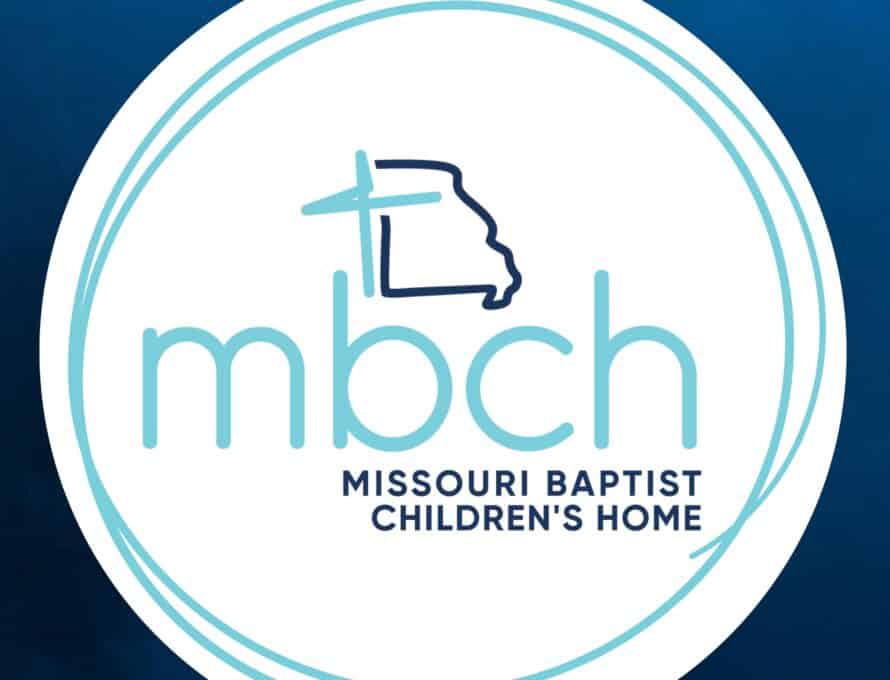Take just a moment and think back to when you were a child. Think about how you depended on your parents and family to take care of your needs. Think about your friends and all the familiar places and things you did. Now, use your imagination further – what if you had to be placed in foster care due to abuse or neglect? Imagine how traumatizing that would be. Would you want the case manager assigned to you to place you with someone you know (a relative or friend) or with someone you did not know? Probably the majority of us would say we would want to be placed with a relative (such as a grandparent or aunt/uncle) or an adult friend (such as a teacher, church youth leader, etc.).
Next – think of a precious child in your extended family. It might be a granddaughter/son or a nephew/niece. What if the unthinkable happened, and that precious child was placed in foster care? Where would you want the case manager of that child to look first when locating a placement for him/her? My guess is that you would say, “I would want that case manager to contact me, and I would take my grandchild or niece/nephew in a heartbeat!”
There is substantial research that has shown kinship care benefits children in maintaining permanency and well-being (one research example is a systematic review of more than 100 studies on this subject conducted by Marc Winokur, Amy Holtan, and Keri Batchelder in 2014). It makes sense, doesn’t it, that children fare better living in a home where they already know the people taking care of them.
Does that mean foster parents are no longer needed or are in some way subpar? Absolutely not! Not all children have relatives that are able or willing to care for them; or it may be that it takes some time to locate relatives willing to care for the child. Foster parents bridge that gap many times of being family to that child until a relative can be found or until the child is able to be returned to the biological parent(s). Sometimes it is just not possible for the child to be reunified with parents and their rights must be terminated; when that occurs the child is available for adoption. There are many foster parents who have stepped in to become the forever family for that child through adoption.
People who are willing to become licensed foster parents are desperately needed to care for foster children, to provide support and encouragement to foster children’s families, and to share the good news of Christ; this is an amazing ministry opportunity! Did you know that the majority of children/youth that enter care have to do with reasons other than abuse? Neglect comprises 63% of the children who enter care; often parents who neglect their children are dealing with issues that could be resolved if they received helpful resources, encouragement, support and, again, as stated above, were introduced to the life-changing power of God.
If foster parenting is not the right path for you, there are other ways you can be involved in ministry through MBCH Children and Family Ministry’s Church Engagement initiative. We are seeking to develop partnerships with churches to meet the needs of children and families that MBCH Children and Family Ministries serves as well as the needs of children and families within church congregations and in surrounding communities.
If you are interested in becoming a foster parent, please contact us at 1-800-264-6224 and ask for “Intake”. If you are interested in learning more about our Church Engagement initiative, please contact David Burch at 417-380-1082.
Together we can make a lasting difference in the lives of children, youth, and families!

